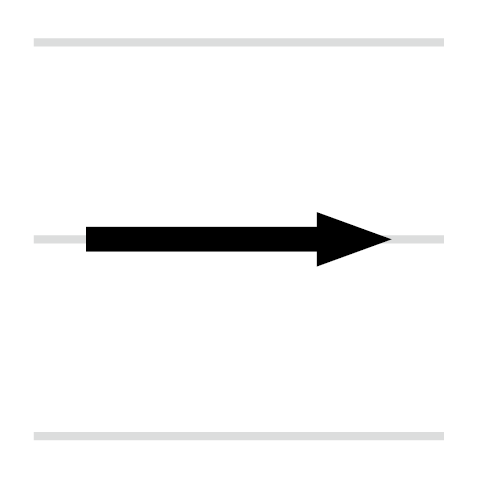5. Cantonese Pronunciation
Click the tones, initials and finals to hear the sounds. Click + to see mouth shapes and examples.
Tones
There are 6 tones in total. Listen and repeat.
Initials
There are 19 initials in total. Listen and repeat.
Finals
There are 59 finals in total. Listen and repeat.
Note that eo doesn’t form a final on its own.
Pronunciation Variations
When you talk to Hong Kong Cantonese speakers, you will likely discover that their pronunciation varies from one person to another. Some of the pronunciation variations come from the sound changes taking place in Hong Kong Cantonese. Some sounds have been pronounced as another sound or dropped. Some Hong Kong Cantonese speakers consider these sound changes as 懶音 laan2 jam1 (‘lazy pronunciation’), which they think is incorrect and should be corrected.
There are several pronunciation variations you will often encounter:
The initial n is pronounced as the initial l.
Many Hong Kong Cantonese speakers no longer differentiate between the initials n and l. They often replace n with l when producing words which originally had n as the initial.
你 nei5 → lei5
The initial gw is sometimes pronounced as the initial g.
法國 faat3 gwok3 → faat3 gok3
The initial ng is sometimes dropped, or the initial ng is sometimes added.
我 ngo5 → o5
愛 oi3 → ngoi3
The ending ng in some finals is sometimes pronounced as n.
銀行 ngan4 hong4 → ngan4 hon4
The ending n in some finals is sometimes pronounced as ng.
乾 gon1 → gong1
The ending k in some finals is sometimes pronounced as t.
百 baak3 → baat3
The final ng is sometimes pronounced as the final m.
五 ng5 → m5
In this book, the original pronunciations will be listed. The audio, however, will contain pronunciation variations because this can prepare you for communication in the real world.





